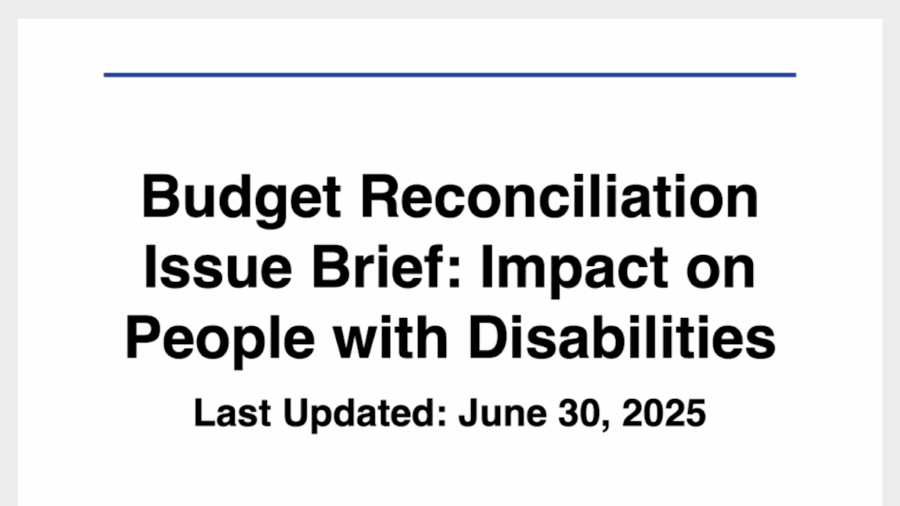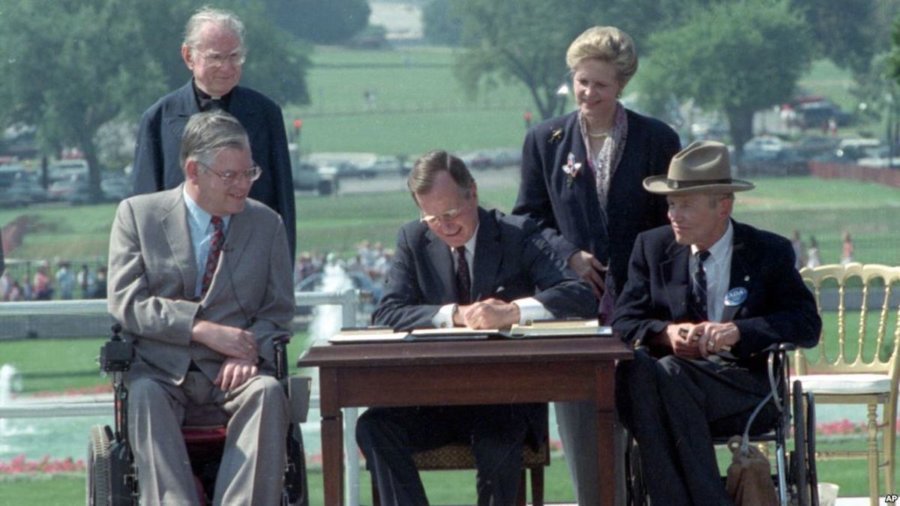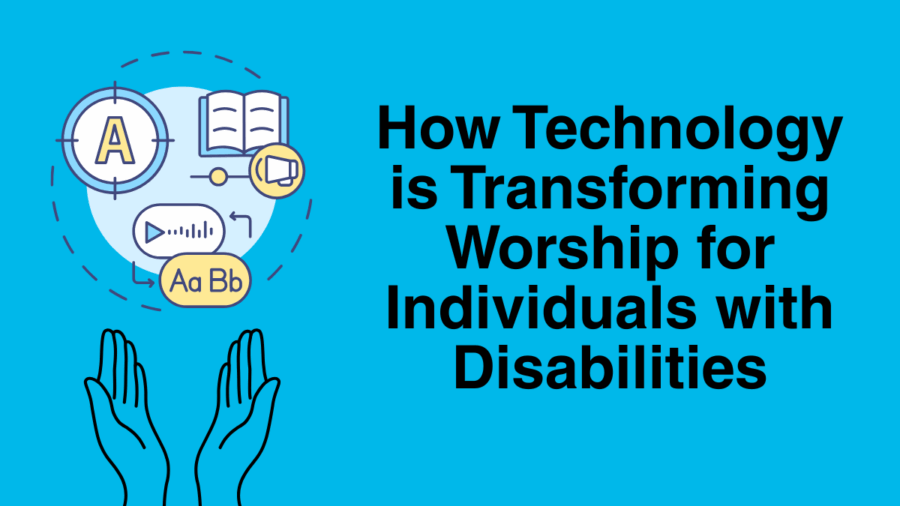 Congress is currently debating the 2025 Federal Budget Reconciliation bill, and the proposed changes could dramatically reshape how states run essential programs like Medicaid and the Supplemental Nutrition Assistance Program (SNAP). If passed, these changes could cause millions of disabled people, older adults, and low-income families to lose critical support.
Congress is currently debating the 2025 Federal Budget Reconciliation bill, and the proposed changes could dramatically reshape how states run essential programs like Medicaid and the Supplemental Nutrition Assistance Program (SNAP). If passed, these changes could cause millions of disabled people, older adults, and low-income families to lose critical support.
What’s Being Proposed?
The federal government is proposing to expand work requirements for programs like Medicaid and SNAP. While these changes are presented as standard policy measures, they may create steep barriers to access, especially for disabled individuals who encounter workforce discrimination, unpredictable health needs, or difficulties securing reasonable accommodations. [continue reading…]







 The U.S. Department of Energy (DOE) recently proposed rolling back two long-standing regulations—10 CFR 1040.73 and 10 CFR 1040.72(c) & (d)—that help enforce
The U.S. Department of Energy (DOE) recently proposed rolling back two long-standing regulations—10 CFR 1040.73 and 10 CFR 1040.72(c) & (d)—that help enforce 
 Technology is expanding access to faith and community, transforming worship spaces into environments where disabled people can fully belong, participate, and lead. As faith communities work to become more inclusive, tools like assistive technology, digital platforms, and artificial intelligence are creating new possibilities for connection and spiritual growth.
Technology is expanding access to faith and community, transforming worship spaces into environments where disabled people can fully belong, participate, and lead. As faith communities work to become more inclusive, tools like assistive technology, digital platforms, and artificial intelligence are creating new possibilities for connection and spiritual growth.
 Media portrayals of disabled people are often limited to antiquated tropes or couched in ableist assumptions. Ensuring the lived experience of disabled people in faith-based content affirms that every human being has value and must be treated with respect.
Media portrayals of disabled people are often limited to antiquated tropes or couched in ableist assumptions. Ensuring the lived experience of disabled people in faith-based content affirms that every human being has value and must be treated with respect.

 The Bentonville Film Festival (BFF), taking place June 16-22, is highlighting several disability-inclusive films. Chaired by Academy Award winner Geena Davis, BFF champions women and diverse voices.
The Bentonville Film Festival (BFF), taking place June 16-22, is highlighting several disability-inclusive films. Chaired by Academy Award winner Geena Davis, BFF champions women and diverse voices.
 On behalf of Disability Belongs™, a diverse, nonpartisan, disability-led nonprofit that drives cultural and policy change, we express deep concern about proposed federal budget cuts to essential programs that millions of Americans rely on—especially people with disabilities, older adults, and underserved communities.
On behalf of Disability Belongs™, a diverse, nonpartisan, disability-led nonprofit that drives cultural and policy change, we express deep concern about proposed federal budget cuts to essential programs that millions of Americans rely on—especially people with disabilities, older adults, and underserved communities.


